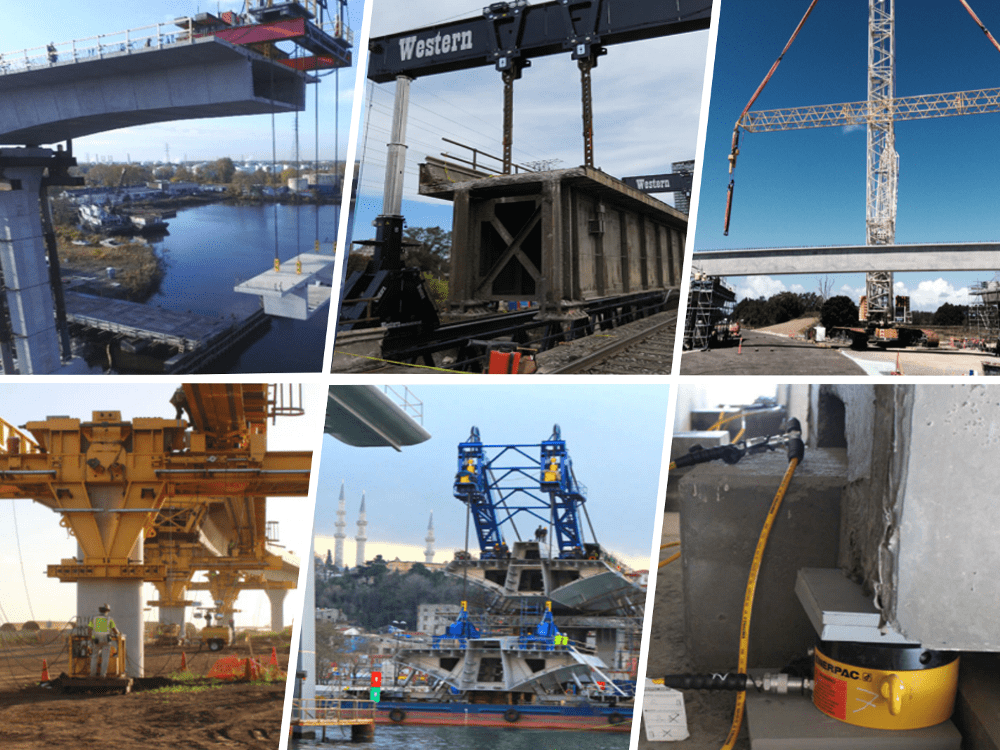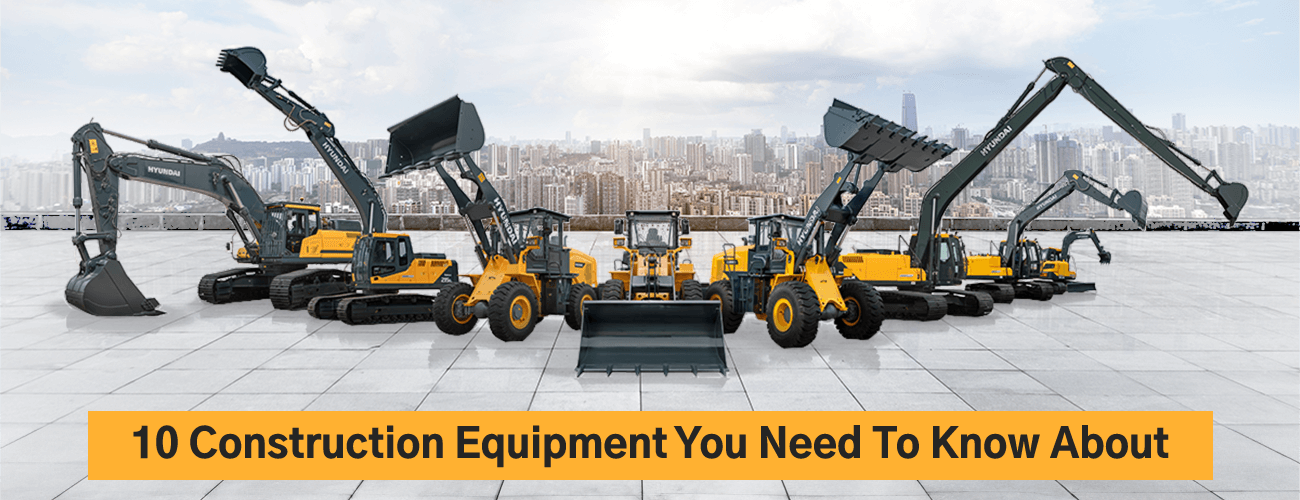Aerial Lift Rental in Tuscaloosa, AL: Safeguard and Reliable High-Reach Equipment
Aerial Lift Rental in Tuscaloosa, AL: Safeguard and Reliable High-Reach Equipment
Blog Article
Exploring the Financial Advantages of Renting Building And Construction Equipment Contrasted to Having It Long-Term
The decision between owning and renting out building and construction equipment is pivotal for financial administration in the industry. Renting out offers instant cost savings and operational adaptability, enabling companies to assign resources much more efficiently. In contrast, possession comes with significant long-lasting economic dedications, including upkeep and depreciation. As contractors evaluate these alternatives, the impact on capital, job timelines, and modern technology gain access to becomes significantly significant. Recognizing these subtleties is vital, particularly when considering just how they straighten with particular job requirements and monetary strategies. What factors should be prioritized to ensure optimal decision-making in this facility landscape?

Expense Comparison: Renting Out Vs. Having
When reviewing the financial effects of owning versus renting building equipment, a complete expense contrast is crucial for making educated decisions. The option between having and renting can considerably impact a company's profits, and comprehending the connected prices is vital.
Renting out building and construction tools normally includes reduced in advance expenses, permitting companies to allocate resources to other operational demands. Rental costs can accumulate over time, possibly going beyond the expense of possession if equipment is needed for a prolonged period.
On the other hand, having building and construction devices needs a substantial preliminary investment, along with continuous prices such as insurance coverage, financing, and devaluation. While possession can lead to long-lasting savings, it also locks up funding and may not supply the very same degree of adaptability as renting. Furthermore, possessing equipment requires a dedication to its utilization, which may not always align with job needs.
Ultimately, the decision to own or rent must be based upon a detailed analysis of particular task demands, monetary ability, and long-lasting calculated objectives.

Upkeep Expenditures and Obligations
The option in between renting and owning building and construction equipment not only involves financial factors to consider yet additionally encompasses continuous maintenance expenses and duties. Having equipment calls for a considerable dedication to its maintenance, which includes routine assessments, repair work, and prospective upgrades. These obligations can rapidly accumulate, leading to unanticipated expenses that can strain a spending plan.
On the other hand, when renting tools, upkeep is usually the responsibility of the rental firm. This plan allows service providers to prevent the financial worry related to wear and tear, along with the logistical difficulties of organizing repair services. Rental agreements usually include stipulations for maintenance, indicating that professionals can concentrate on completing projects rather than worrying concerning devices condition.
In addition, the diverse variety of equipment readily available for lease enables business to pick the most current versions with advanced modern technology, which can improve performance and productivity - scissor lift rental in Tuscaloosa, AL. By going with services, companies can stay clear of the long-term obligation of tools devaluation and the associated maintenance migraines. Inevitably, assessing upkeep expenditures and responsibilities is vital for making an informed decision concerning whether to rent or have building devices, dramatically impacting general job expenses and operational effectiveness

Devaluation Influence On Ownership

A significant element to take into consideration in the choice to own construction devices is the effect of devaluation on total possession costs. Depreciation represents the decline in worth of the devices with time, influenced by factors such as usage, deterioration, and innovations in modern technology. As tools ages, its market price decreases, which can substantially impact the proprietor's monetary placement when it comes time to trade the tools or market.
For building companies, this depreciation can convert to considerable losses if the equipment is not made use of to its maximum capacity or if it becomes obsolete. Proprietors must make up depreciation in their financial estimates, which can result in higher total costs contrasted to leasing. Additionally, the tax obligation implications of depreciation can be intricate; while it might provide some tax obligation benefits, these are often countered by the reality of decreased resale value.
Ultimately, the problem of depreciation emphasizes the importance of understanding the long-term economic dedication involved in having construction equipment. Companies must carefully review just how usually they will certainly make use of the equipment and the possible economic effect of depreciation to make an informed decision regarding possession versus leasing.
Economic Flexibility of Leasing
Renting out building equipment provides considerable economic flexibility, allowing business to allocate sources a lot more successfully. This adaptability is especially important in a market characterized by fluctuating task demands and differing workloads. By opting to lease, services can stay clear of the considerable resources expense required for purchasing equipment, protecting cash circulation for other operational requirements.
In addition, renting out equipment makes it possible for companies to customize their equipment choices to specific project demands without the lasting dedication linked with ownership. This suggests that organizations click here for info can easily scale their tools inventory up or down based on current and expected task demands. Subsequently, this versatility decreases the danger of over-investment in equipment that may end up being underutilized or outdated in time.
Another financial benefit of renting out is the capacity for tax obligation benefits. Rental repayments are commonly taken into consideration overhead, allowing for instant tax obligation deductions, unlike devaluation on owned devices, which is spread out over several years. scissor lift rental in Tuscaloosa, AL. This prompt expense acknowledgment can further improve a business's money placement
Long-Term Project Considerations
When assessing the long-term needs of a construction service, the choice between owning and leasing devices becomes extra complex. For projects with extensive timelines, acquiring equipment may seem beneficial due to the potential for reduced total prices.
The building industry is progressing quickly, with new tools offering improved effectiveness and safety and security functions. This adaptability is specifically advantageous for companies that manage varied jobs needing different kinds of devices.
Additionally, financial security plays a critical function. Having devices typically involves significant capital expense and devaluation problems, while leasing enables more predictable budgeting and capital. Inevitably, the option in between possessing and renting needs to be straightened with the critical goals of the construction organization, taking into account both current and awaited job find needs.
Conclusion
In verdict, renting building and construction equipment uses substantial monetary benefits over long-lasting possession. The minimized in advance prices, elimination of maintenance duties, and avoidance of devaluation add to enhanced money flow and economic flexibility. scissor lift rental in Tuscaloosa, AL. Moreover, rental settlements function as instant tax obligation reductions, even more benefiting contractors. Eventually, the choice to rent out instead than very own aligns with the vibrant types of scaffolding systems nature of construction jobs, enabling flexibility and accessibility to the current devices without the monetary worries related to ownership.
As devices ages, its market worth diminishes, which can substantially affect the proprietor's economic setting when it comes time to trade the devices or offer.
Renting out construction equipment offers substantial financial adaptability, allowing firms to allot sources more effectively.In addition, leasing equipment allows firms to tailor their equipment selections to certain job requirements without the lasting dedication connected with ownership.In verdict, leasing construction tools uses substantial financial advantages over long-term possession. Eventually, the decision to rent rather than very own aligns with the dynamic nature of construction jobs, allowing for adaptability and accessibility to the latest tools without the monetary burdens linked with possession.
Report this page